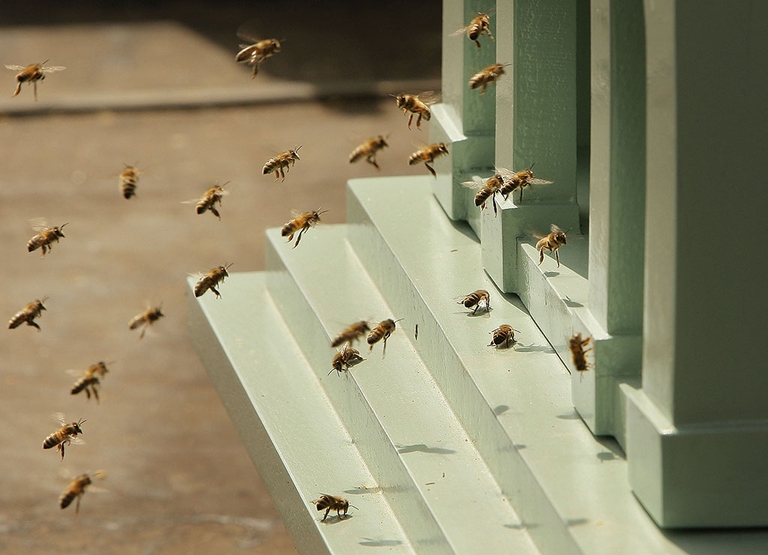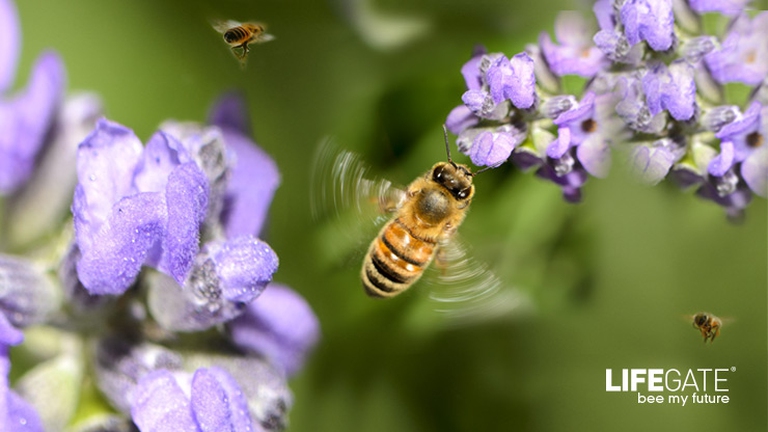Honeybees and other insect pollinators are in danger. Since 2006 they have been experiencing depopulation that is mostly stricking European and US worker bees. The identified causes are multiple, such as pests and habitat loss, but the main cause seems to be linked to the agricultural use of 3 insecticides (the neonicotinoids) that affect insect pollinators’ nervous system.
Honeybees and other insect pollinators are in danger. Since 2006 they have been experiencing depopulation that is mostly stricking European and US worker bees. The identified causes are multiple, such as pests and habitat loss, but the main cause seems to be linked to the agricultural use of 3 insecticides (the neonicotinoids) that affect insect pollinators’ nervous system.
![api]()
Honeybees don’t just make honey. Our future depends on them.
Honeybees make honey, but their role within the ecosystem is way more important. According to the FAO, the pollination of 71 out of 100 of the most important crops depends on them. For this reason if honeybees disappear, our food security will be threatened.
This is why LifeGate decided to launch Bee my Future, the project aimed to support the maintenance of 5 apiaries thanks to an experienced beekeeper with a deep knowledge of the world of bees. The Beekeepers’ Association of the Province of Milan (APAM), has selected the best beekeeper for the job. The beekeeper will be entrusted with the management of honeybees, following organic farming principles.
![articolo_ape_740x416px]()
How to support Bee my Future
To do so, we need your help. You can support Bee my Future and beekeepers by adopting 1,000 honeybees for one year. In this way you protect them and you will receive 5 kg of honey produced thanks to your support.
If you have close to your heart food security and biodiversity future, let’s support the project. Write to [email protected] and help us save honeybees.
Siamo anche su WhatsApp.
Segui il canale ufficiale LifeGate per restare aggiornata, aggiornato sulle ultime notizie e sulle nostre attività.

Quest'opera è distribuita con Licenza Creative Commons Attribuzione - Non commerciale - Non opere derivate 4.0 Internazionale.










